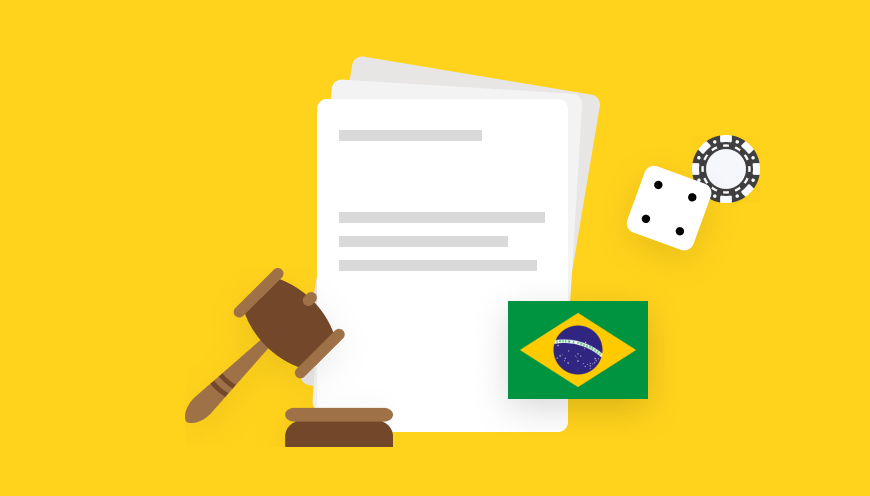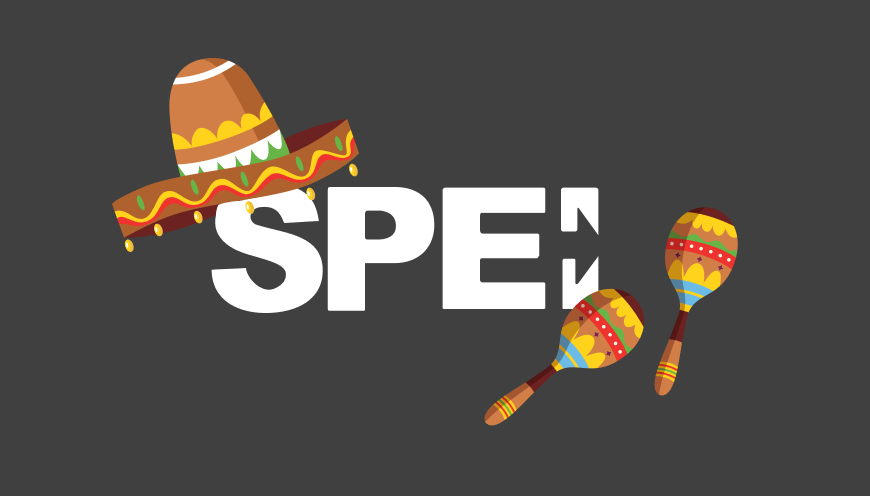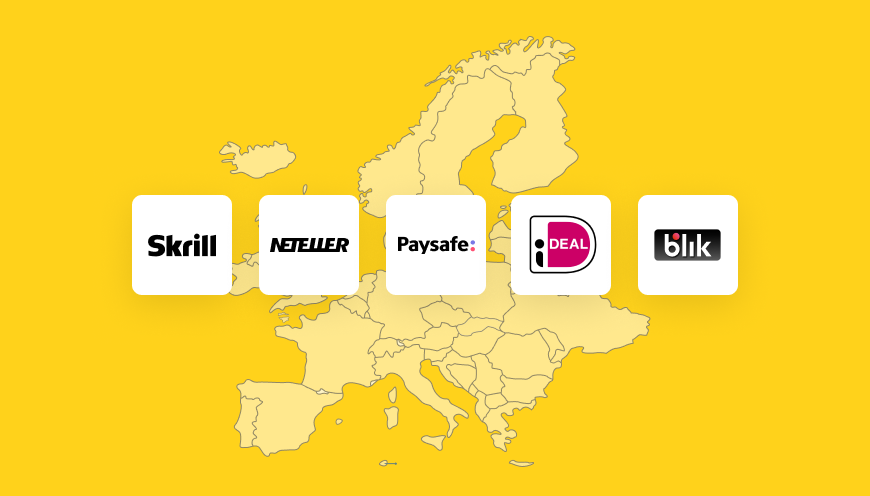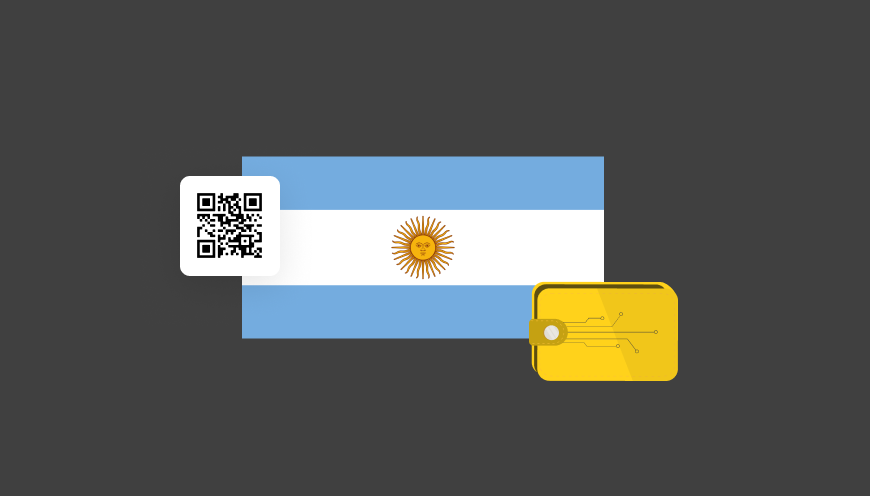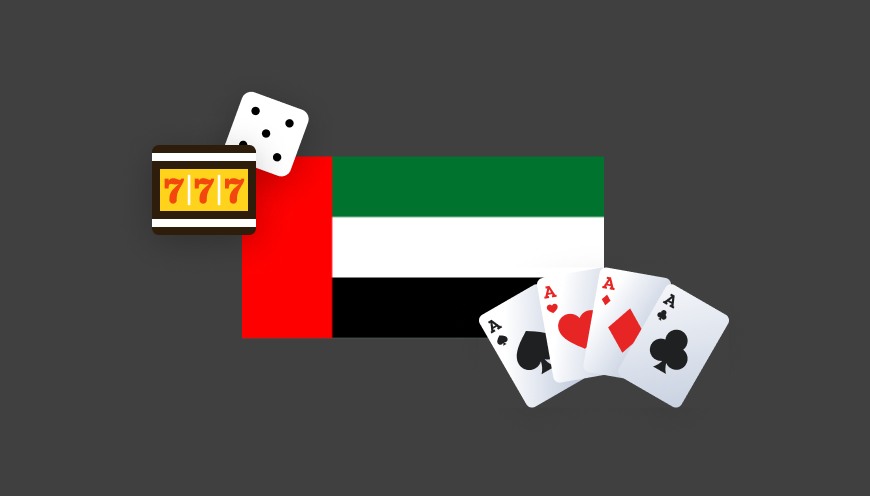Since the legalization of sports betting in 2018, Brazil has gradually moved toward a fully regulated market. The latest legal updates outline the procedures for licensing, monitoring, and enforcement, giving clear guidelines on what is required for legal operation during the transition phase that started in October 2024.
Operators must not only secure a license but also adhere to stringent requirements:
-
1. Detailed KYC (Know Your Customer) protocols
-
2. Anti-fraud measures
-
3. Strict adherence to AML laws.
These compliance measures are designed to combat illegal betting operations, tax evasion, and money laundering, which have been prominent issues in Brazil’s gaming sector.
The role of PIX in payment compliance
PIX, Brazil’s popular instant payment system, has been a critical part of payment processing in the iGaming sector. However, under the new regulations, payments made through PIX to unlicensed or unauthorized operators are blocked. This highlights a broader strategy by the Central Bank of Brazil to clamp down on illegal operations by monitoring payment flows. Payment providers must ensure that all transactions comply with these regulations to avoid disruptions or penalties.
Enforcement and inspection measures
-
1. Transition period monitoring
The Secretariat of Prizes and Bets (SPA) has initiated a robust monitoring and inspection mechanism during the transition period. This includes scheduled audits, real-time monitoring, and close collaboration with other public bodies, such as the Ministry of Justice and the National Telecommunications Agency (Anatel). Payment providers should be aware that transactions will be scrutinized, and any association with unlicensed operators could lead to severe consequences, including hefty fines.
-
2. Advertising and marketing regulations
New ordinances have also placed strict limits on how iGaming operators can market their services. Influencer endorsements and advertisements implying financial success or social benefits from gambling are banned. Ads must focus on responsible gaming and not target vulnerable groups, including minors. Payment providers should collaborate with licensed operators to ensure that any promotional activities adhere to these standards to avoid complicity in potential violations.
Future Prospects for the iGaming Sector in Brazil
-
1. Opportunities in a Fully Regulated Market
The full regulation of the iGaming sector is expected to enhance transparency and safety, attracting more international operators and investors. For payment providers, this presents an opportunity to expand their services by partnering with licensed operators who will need reliable, secure, and compliant payment solutions. The requirement for local operators to use the “.bet.br” domain adds another layer of legitimacy and makes it easier to distinguish between legal and illegal services.
-
2. Ongoing Developments and Industry Feedback
Various industry groups, including the National Association of Games and Lotteries (ANJL) and the Brazilian Institute of Responsible Gaming (IBJR), have praised the government’s efforts but also highlighted areas that need further development. For instance, there is an ongoing push for the implementation of more robust mechanisms for reporting illegal platforms and ensuring player safety. These discussions are crucial for payment providers to follow, as any regulatory adjustments will affect how payments are processed and monitored.
Conclusion
The new regulations mark a significant shift for Brazil’s iGaming market, promising greater security, transparency, and consumer protection. However, compliance will be challenging, especially during the transition period. Payment providers need to stay informed, agile, and proactive in adjusting their services to meet these evolving requirements. As the market officially opens up in January 2025, those who have invested in compliance and strategic partnerships will be best positioned to capitalize on the opportunities in Brazil’s regulated iGaming sector.
